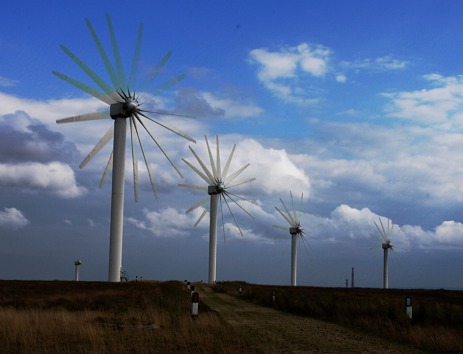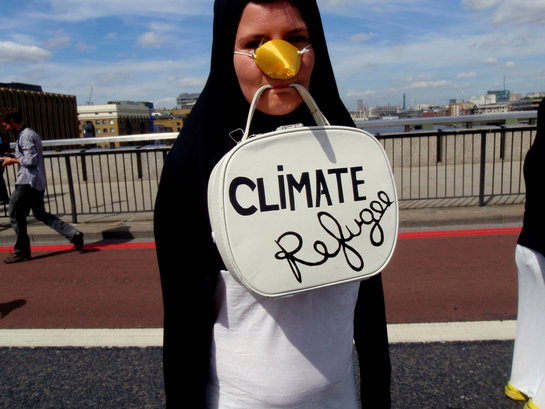How bad is the economy? So bad that we might actually meet our greenhouse gas emissions targets, laid out in 2009 at Copenhagen, by accident.
Here's a chart, produced by Shell Oil's climate change advisor, explaining it visually. On the left is how much greenhouse gases we pumped into Mother Nature's climate hole in 2005. The second column shows the effects of our massive recession. (For example: America's use of oil has dropped to the point that we now use the same amount we used in 1996.) The third column shows an impending wave of retiring coal-fired power plants.
If the economy recovers more quickly than anticipated, we won't meet our emissions targets. But massive unemployment isn't really an acceptable tradeoff. So if we're going to meet future emissions targets, which need to be much more ambitious if we're going to avoid really catastrophic climate change, we need a better plan.
Here's how Brad Plumer breaks it down at the Washington Post's Wonkblog:
So when you hear people like U.S. Ambassador to Australia Jeff Bleich say that it’s “absolutely realistic” for the United States to meet its Copenhagen goals, this is the reasoning. But, on the other hand, the United States isn’t putting itself on a sustainable path for the sorts of big cuts in carbon pollution that scientists say are necessary to avoid dramatic climate change. We’re relying on one-off events like a financial crash and a wave of power-plant closures. That’s quite different from a sweeping transformation of our energy sector.



